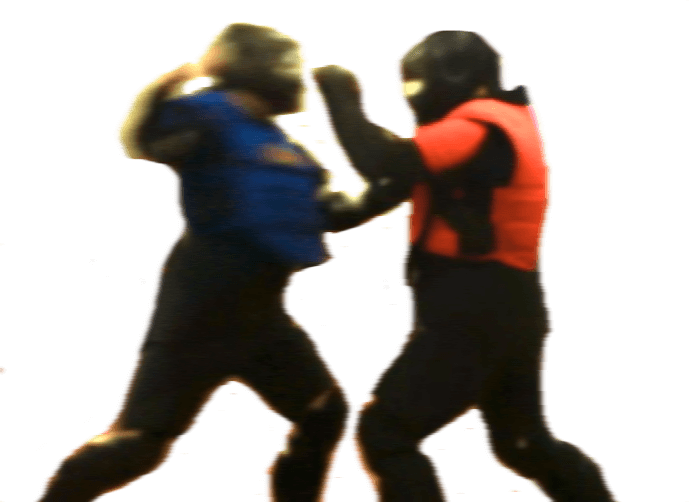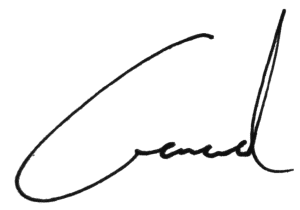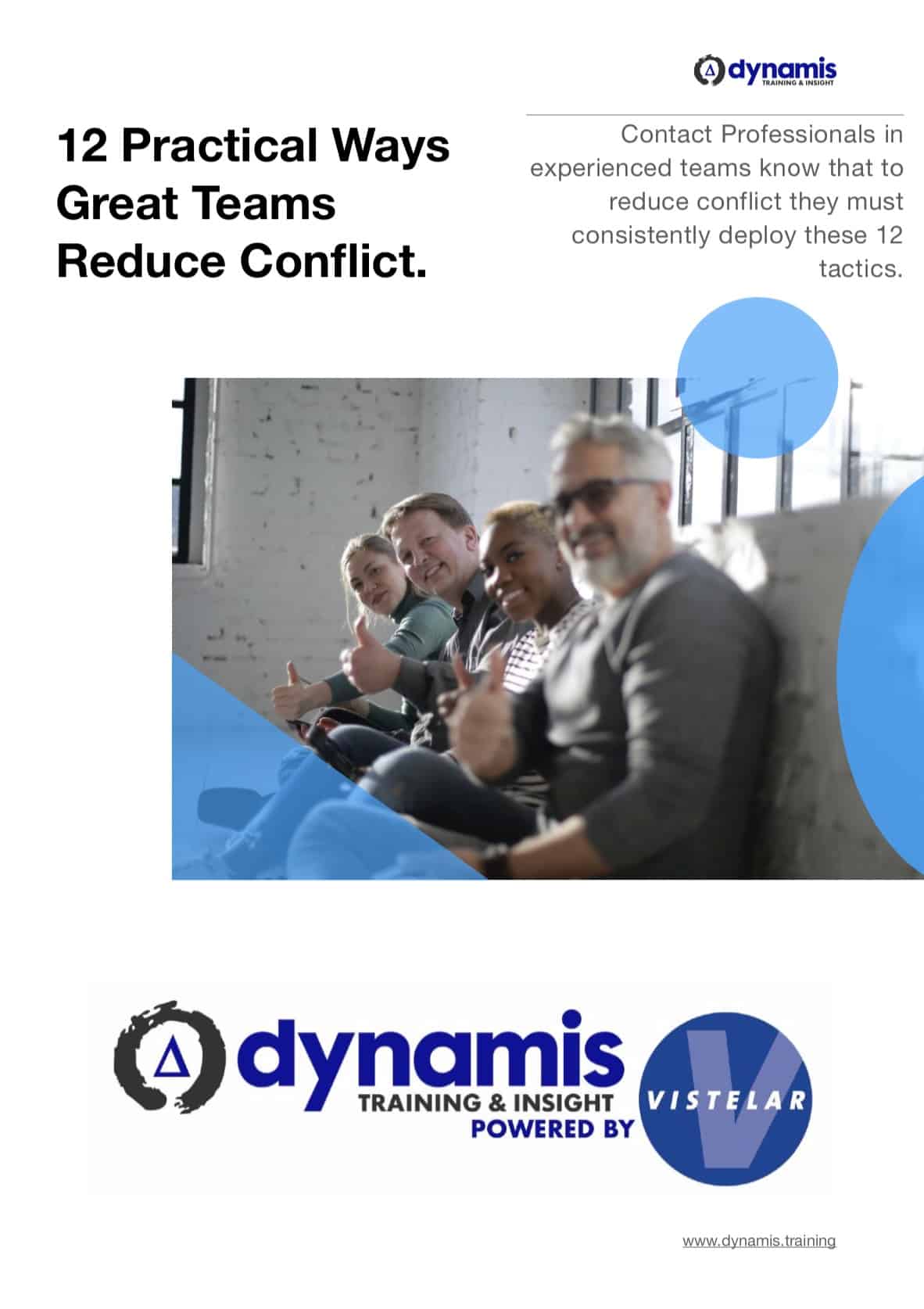In evidence for the Sean Rigg enquiry, an ACPO expert on Self-Defence Control and Arrest procedures described his opinion of the stages involved in securing an adult-sized subject who is violent and resisting arrest.
He talks about two phases of an altercation with a subtle distinction between them. Firstly the “control” phase , followed by the “restraint” phase .
Control Phase: less structured, more frenetic
He stated, “…the period of control or, perhaps more accurately, the period that leads to the control of a violent individual is usually far less structured and significantly more frenetic and potentially dangerous than that of the restraint period”.
In our training at Dynamis, we adhere to this concept very closely. Simply, there are “out of control” moments and then “in-control” moments. The vast majority of the risk in restraint intervention scenarios happens in the “out of control” moments.
Example:
A subject is in the middle of a room, thrashing about and flailing at staff. He just knocked a staff member to the ground with a shove. Two staff members enter the room and realise what happened. As the subject goes to kick the grounded person, these two staff attempt to engage and restrain him but one of them gets caught by a blow ‘on the way in’ as they engage with the subject and try to collect his arms into holds. The blow catches the staff member on the side of his face and he is disoriented for a moment, leaving the other person holding on to one of the subject’s arms and without assistance, while the subject continues to resist….
This is the ‘less structured’ and “significantly more frenetic and potentially dangerous” moment that the ACPO expert is describing.
One of the key errors we see during these moments is what we call “chasing the hold” – a modality which is tacitly encouraged by many of the ‘fragile’ methods of personal safety and restraint training.
“Chasing the hold” is what happens when too much focus is placed on jumping to the Restraint phase of the rapidly-unfolding incident than on focussing on risk-reduction and safety during the Control Phase.
Using the systematic approach and terminology of our system of intervention, “you cannot achieve Immobilisation and Restraint until you have achieved Survival, Reversal and Control” And therefore our training design incorporates these crucial phases as parts of the restraint system-of-work.
Our Self-Protection Trainer certification course incorporates much of this theory and provides examples of how to incorporate good practice into training design. Our Advanced Control tactics module explores the Control phase and provides solutions to the issues of safety before the restraint becomes effective.

Gerard O’Dea is a conflict management, personal safety and physical interventions training consultant. He is the training director for Dynamis, a specialist in personal safety and violence reduction initiatives and the European Adviser for ‘Verbal Defense and Influence’, a global programme which addresses the spectrum of human conflict. www.dynamis.training
Gerard’s book on Lone Worker Personal Safety > http://www.amazon.co.uk/dp/1494759217


